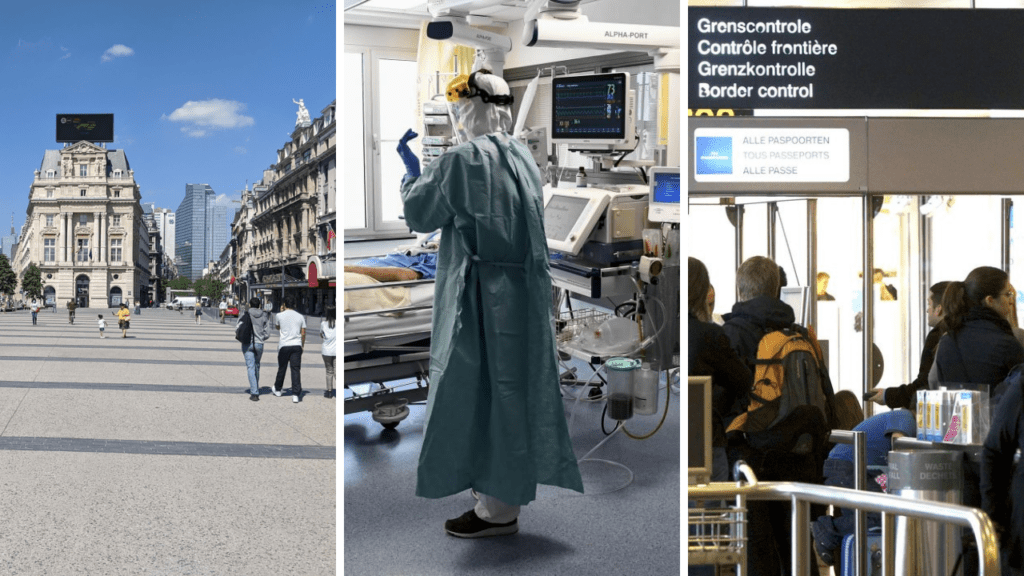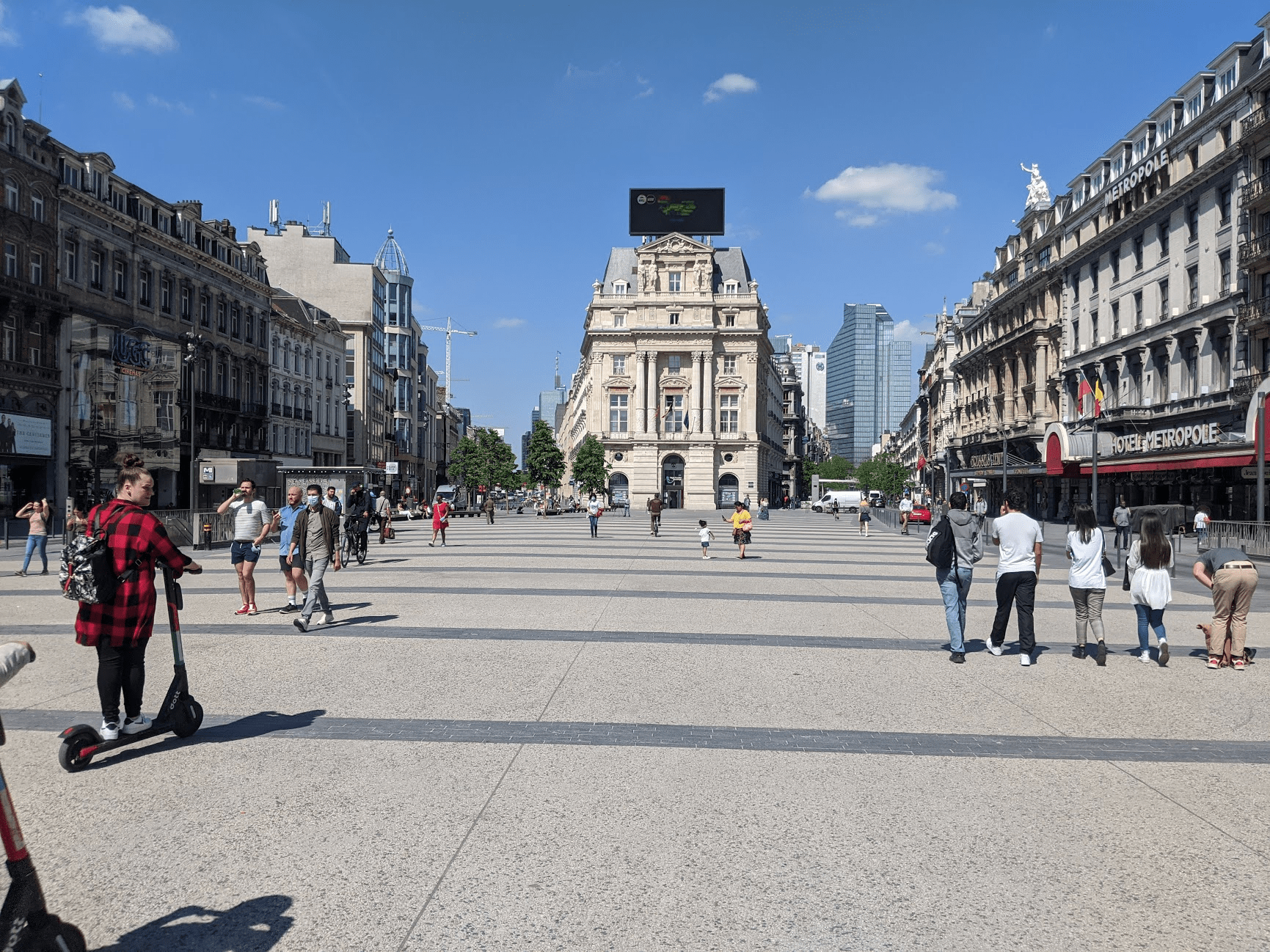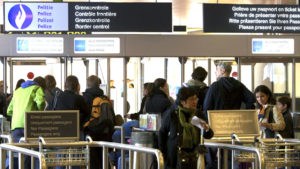As Belgium - and Europe - continues to see rising coronavirus infection numbers, experts across the country continue to discuss the matters that nobody wanted to.
A second wave, a second lockdown, local measures, these have quickly replaced discussions of reopening sectors and increased gatherings. Ever at the forefront of such discussions, virologist Marc Van Ranst has been quick to provide his take on what we should take from Belgium's daily infection numbers continuing to rise, and the fact that the R number has risen above 1 again.
“I think we should be concerned about this."
So as we enter into the weekend, and experts continue to advise caution and sticking to the golden rules, let's have a look at the latest, and what else is going on in Belgium.
With so much information, and so little time to catch up before it potentially changes again, here are some of the top stories from around the country to get you up to speed.
1. Coronavirus: ‘This is the beginning of the second wave’
The steady daily increase in the number of new cases of Covid-19 infection is a sign that a second wave of the epidemic in Belgium is beginning, according to virologist Marc Van Ranst.
“It has been months since we had so many new infections,” Van Ranst explained, adding that “the average will certainly continue to rise in the coming days. I think we should be concerned about this. Read more.
2. ‘Too early to say’ what Belgium’s second lockdown will look like
It is "too early to say" what a second - possibly localised - lockdown in Belgium would look like if the coronavirus figures continue to increase, according to the National Crisis Centre.
"Parameters such as the number of infections and hospital admissions will be at the basis of this," Stevens told The Brussels Times. "But right now, it is too early to say," he added. Read more.
3. Belgium’s new coronavirus infections break 100 per day again
An average of 114.7 people per day tested positive for the new coronavirus (Covid-19) in Belgium during the past week, according to figures by the Federal Public Health Service on Friday.
The trend of new infections per day has risen by 32% over the 7-day period from 7 to 13 July, compared to the average of 86.9 new infections per day the week before. Read More.
4. EU removes 2 countries from ‘authorised’ travel list
On Thursday, the EU updated its list of third countries for which restrictions on non-essential travel should be lifted for the first time.
Two countries that were first considered safe, Montenegro and Serbia, have now been removed from the list of ‘authorised’ third countries.
Still on the list of safe countries are Algeria, Australia, Canada, Georgia, Japan, Morocco, New Zealand, Rwanda, South Korea, Thailand, Tunisia and Uruguay, as well as China, subject to reciprocity. Read more.
5. Belgium’s coronavirus reproduction rate rises to 1.033
The reproduction rate of the new coronavirus in Belgium rose to 1.033, Belgium’s Public Health Institute Sciensano reported on Friday.
An R number, or reproduction number, higher than 1 means that an infected person on average infects more than one other person, thus further spreading the epidemic. Read more.
6. Belgium will run more trains for safe travel this holiday weekend
Belgian rail operator SNCB has confirmed that it will put on extra trains to the Belgian coast this weekend to face up to increased demand while maintaining coronavirus measures. Safety, however, remains up to the travellers. Read more.
7. One year suspended sentence for policeman who beat up refugee
A police officer who beat up a refugee and smashed his telephone has been sentenced to a one-year suspended sentence and fined €1,600 by a court in Brussels.
The incident happened in April on the Place Anneessens on the central North-South boulevard in the Brussels city centre. The man, a refugee from Sudan, was walking towards one of the city’s hostels for asylum seekers when a police van pulled up.
One of the officers got out and accosted the man, hitting him several times and smashing his phone with his truncheon. Read more.
Jules Johnston
The Brussels Times



